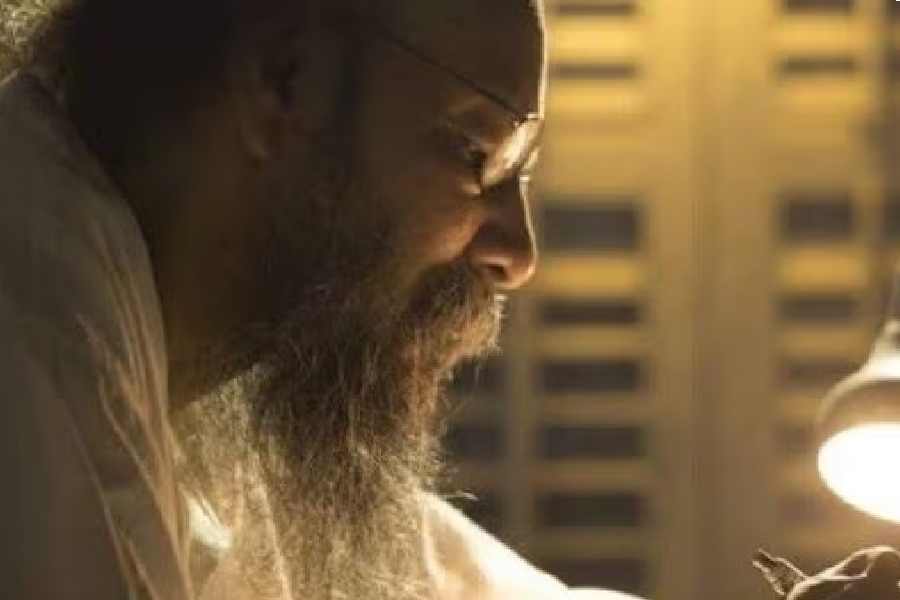Eminent Bengali poet Joy Goswami said he looks forward to the literary creations of poets of later generations including those not prominent.
Inaugurating the Apeejay Bangla Sahitya Utsob (ABSU) here on Friday evening, the famous poet read out the works of two young poets and wondered why their works have not been discussed in similar literary meets.
"Those who came 30 years after me, ... I want to talk about them, poets like Abhirup Mukhopadhyay and Jeet Paul. They are the future. Some of them come from far-flung areas. Let's talk about their works," Goswami, who has a career spanning around four decades, said.
Goswami, the winner of Sahitya Akademi and Ananda Purashkar awards apart from Banga Bibhushan by the West Bengal government, smiled when Abhirup, who was moderating the inaugural session, revealed the poet often told him "I have been trying to write a poem from the age of 13 but am yet to learn the art (of writing poetry). "If you ask me about my views and philosophy, about my journey that will take hours, a book will come up. Let's get over that hump. There are many formidable poets and literary figures who are far better than me. Let me talk about you people, the young poets who amaze me at such shows instead," the poet added.
He said, "There are two types of writer-poets all over the world. The first type craves for the stage and limelight and the other whose writing table is their stage." "While the former group is numerous, the latter remains limited. And this is how the world is", Goswami, whose lyrical 'Sanjhbatir Roopkathara' (Fairy tales of the twilight hour) was made into an award-winning film added.
The inaugural session was followed by three captivating sessions featuring luminaries from different walks of life.
These sessions explored a diverse range of themes like the commemoration of the 200th birth anniversary of poet Michael Madhusudan Dutt, if essence of a work is lost by translation and how literature goes beyond the pages of books.
The festival director and CEO of Oxford Book Store Swagat Sengupta, said upcoming sessions have an assortment of topics on themes like politics; representation of rural life in Bengali literature; poetry; declining importance of stories and novels in magazines and periodicals; tussle between violence and love stories in Bengali literature and the role of memes and jokes in cornering humour in Bengali literature.
Except for the headline, this story has not been edited by The Telegraph Online staff and has been published from a syndicated feed.











